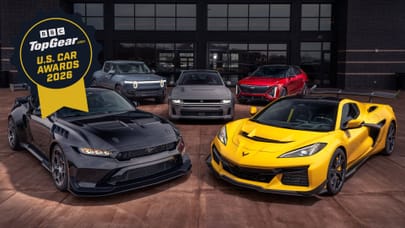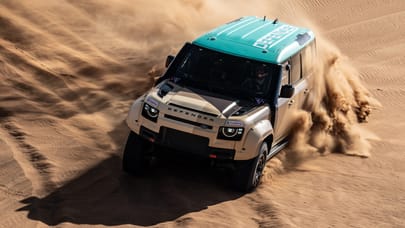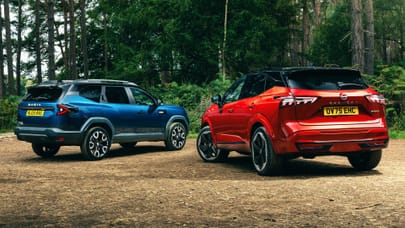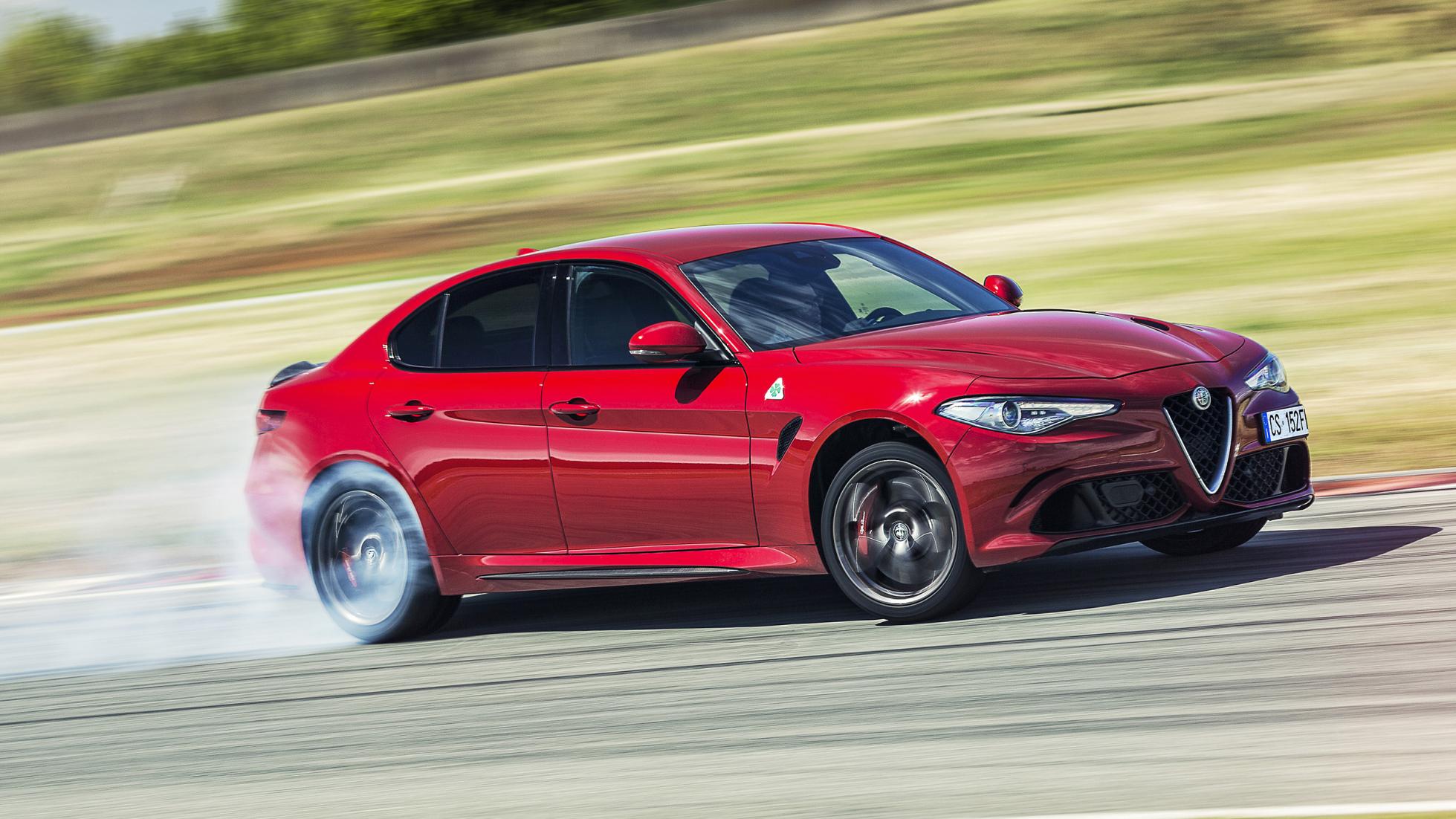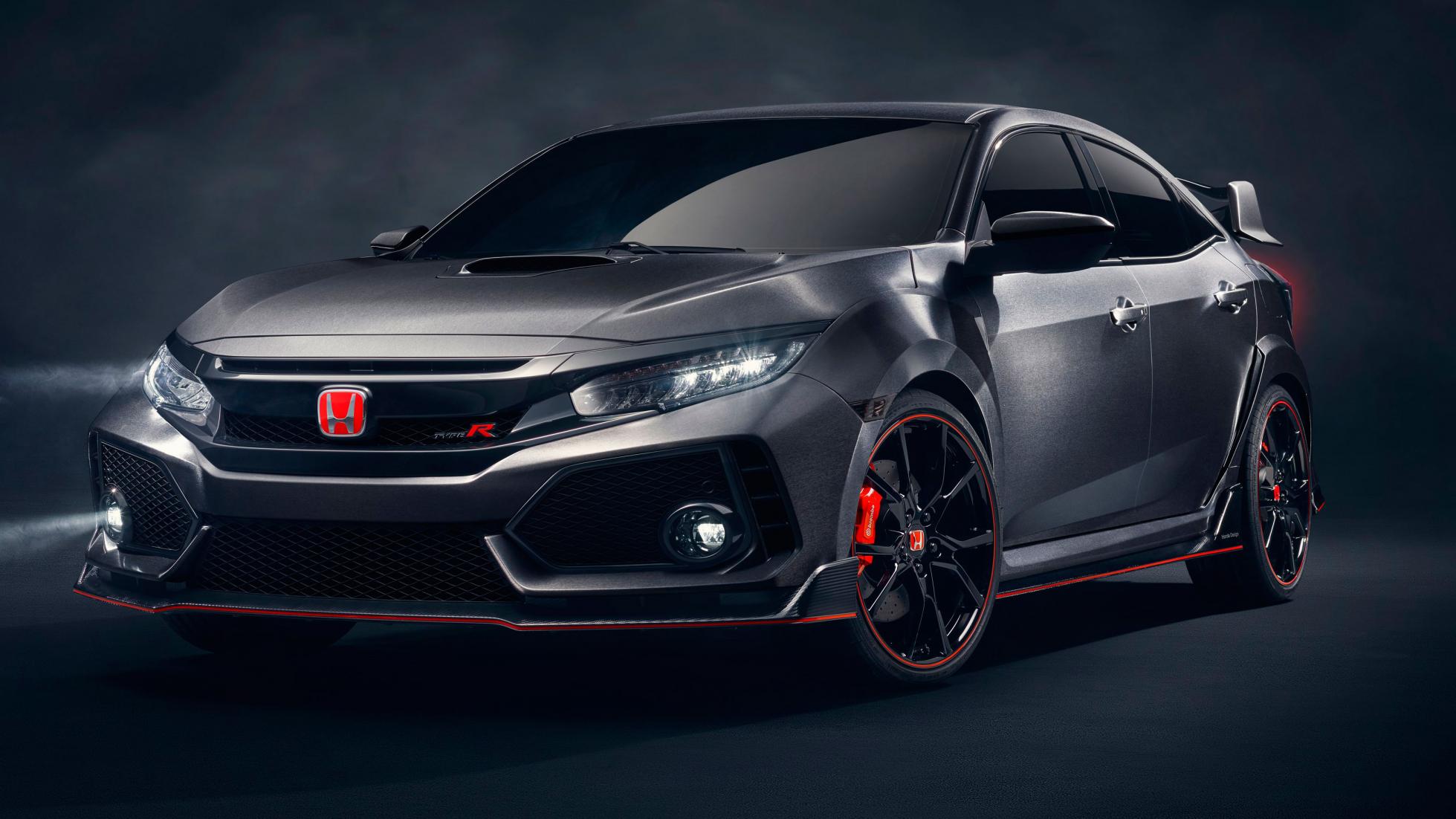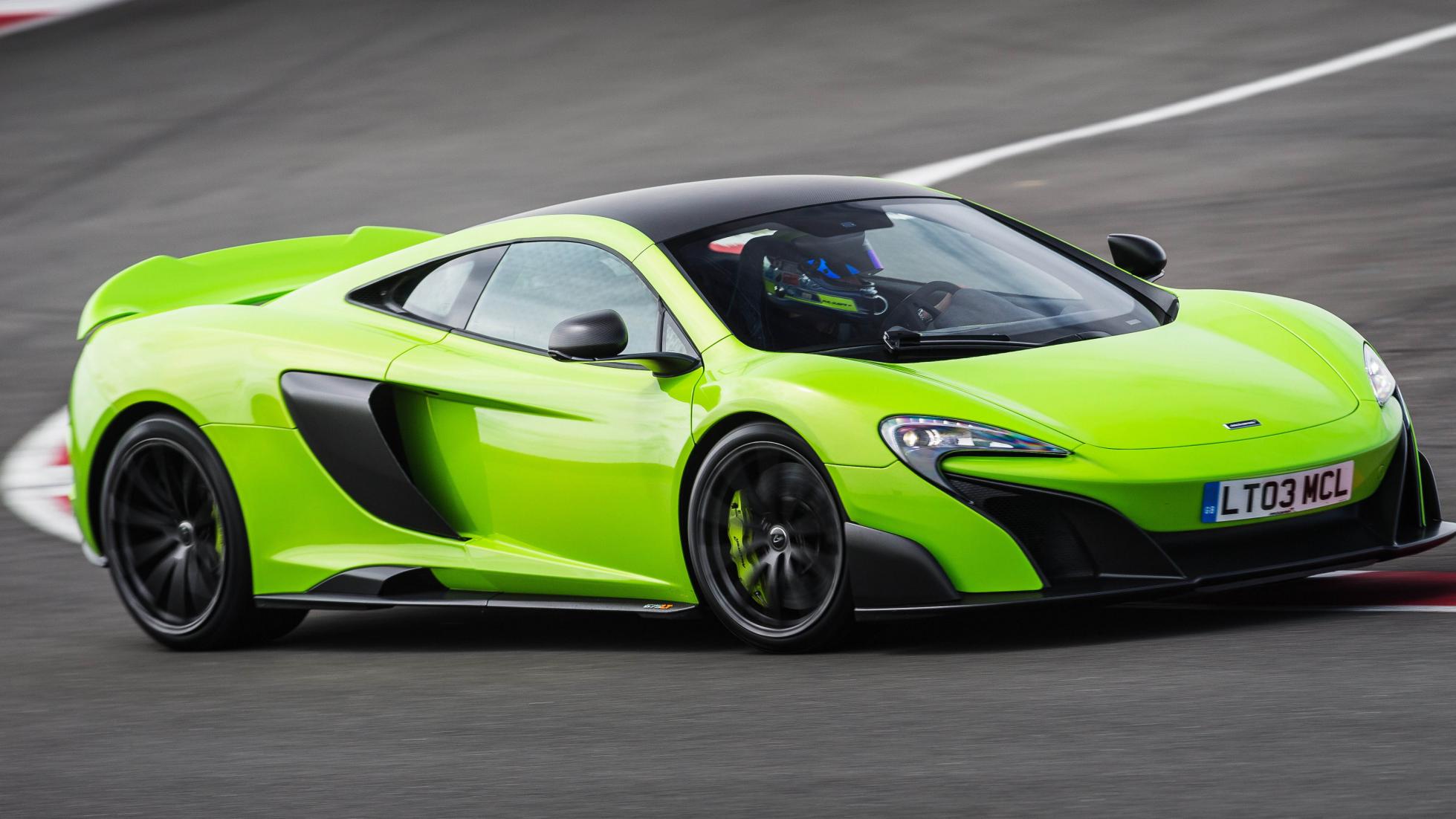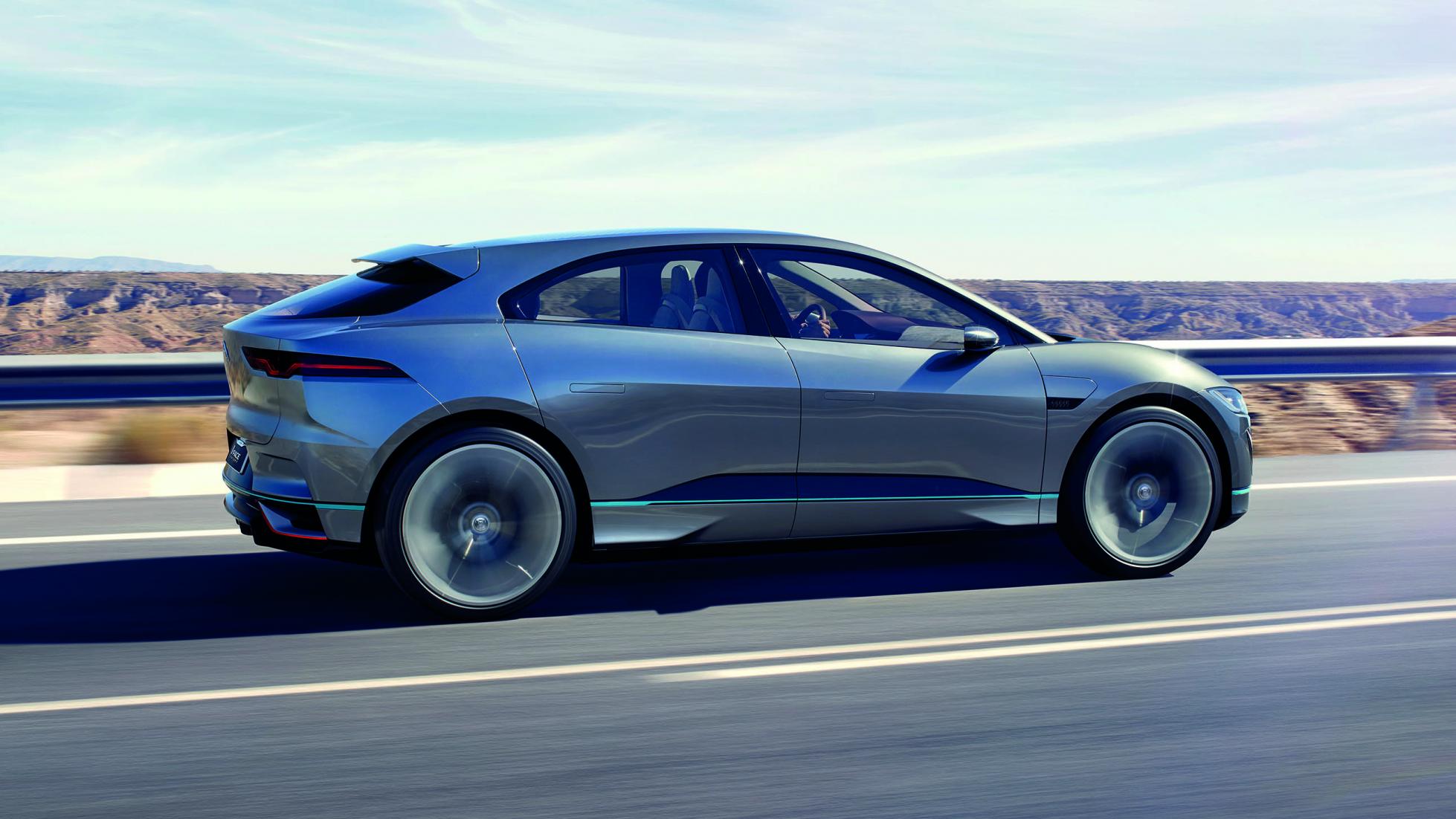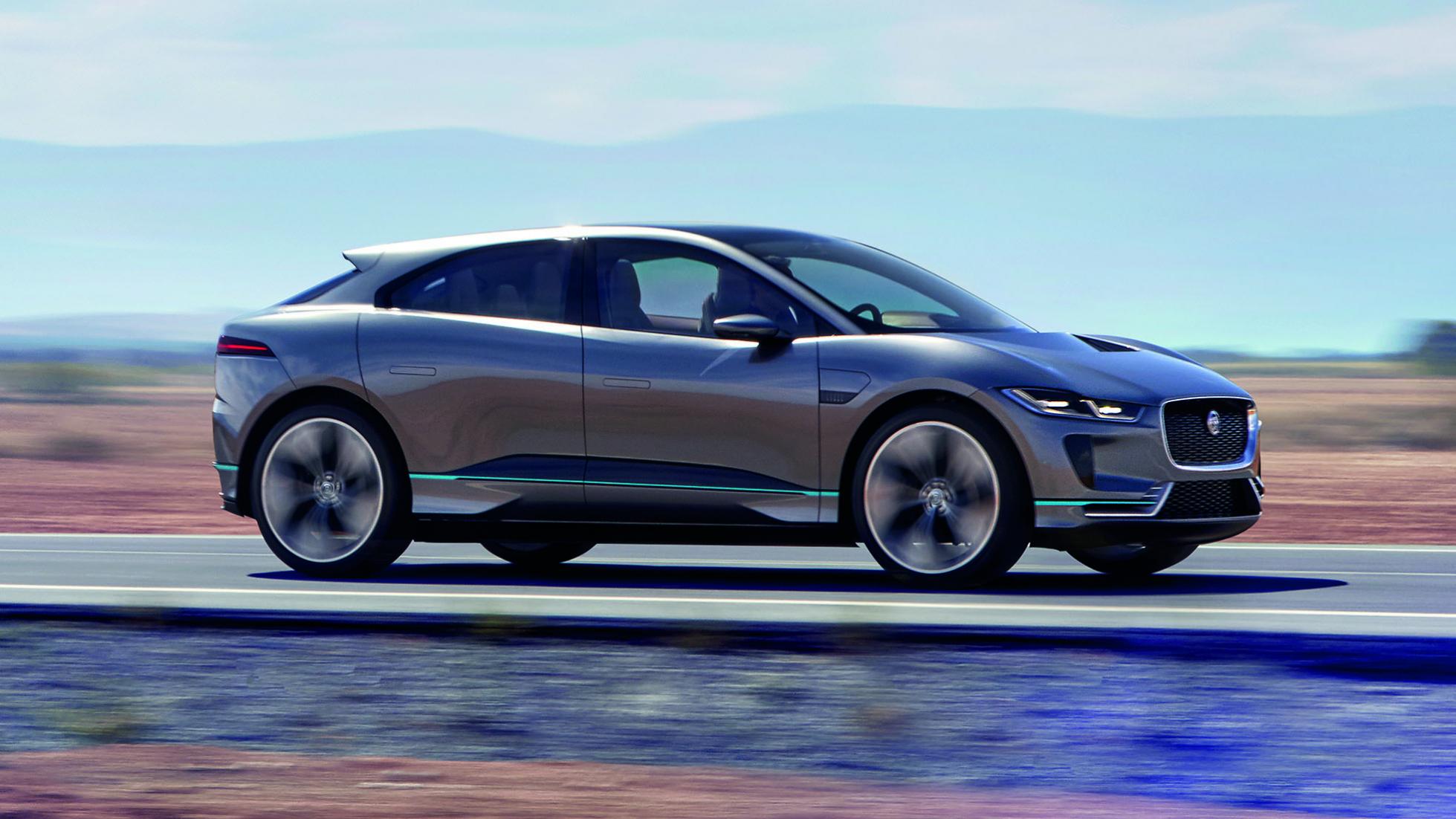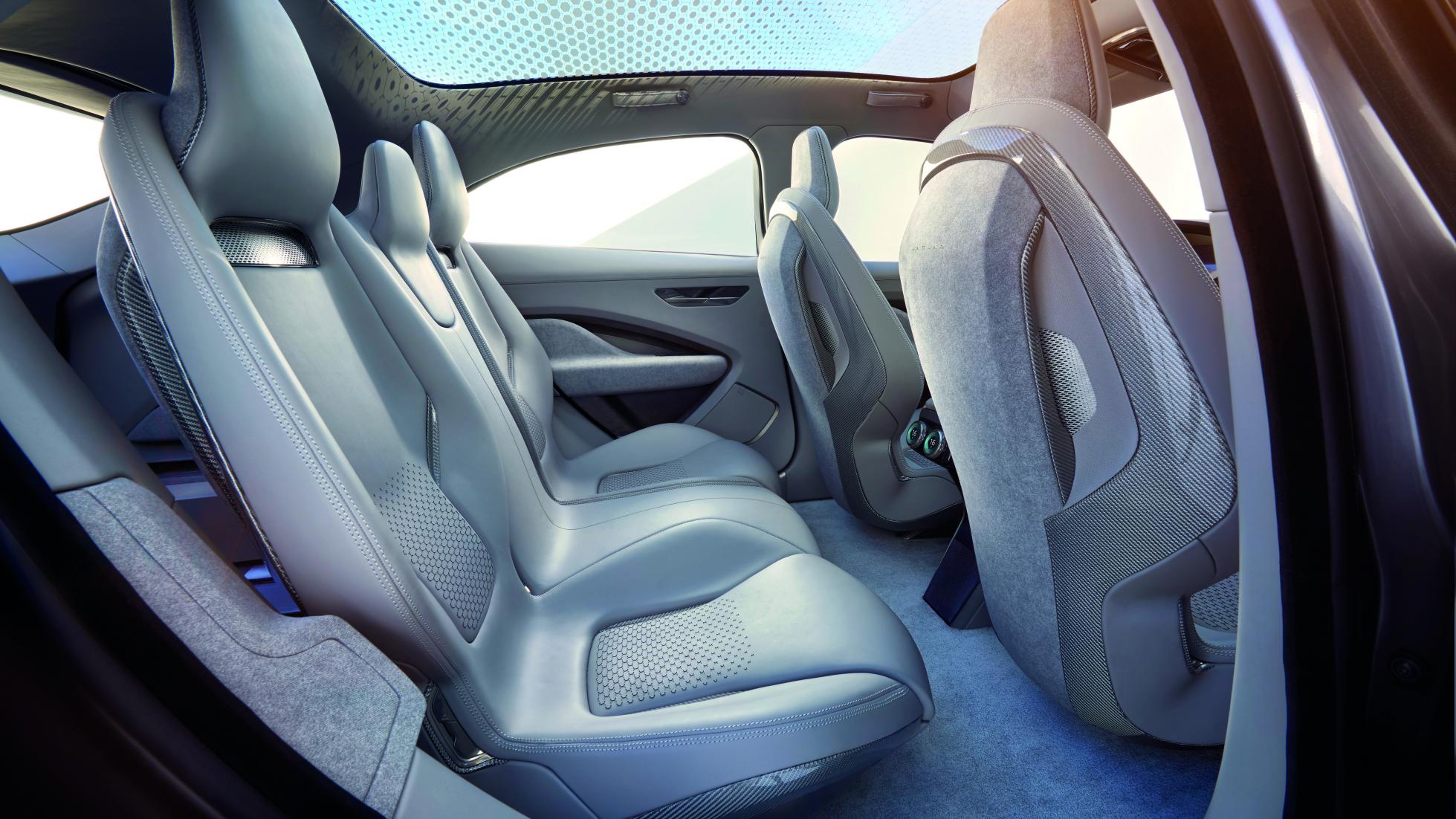
Top Gear's review of 2016
From the world's hottest supercar debuts to the turmoil of the political world...
Hurricanes of change are gusting towards our world of cars. We don't know quite when they'll hit, but in 2016 it became clear the storm won't abate until it's blown across our whole landscape. You know the buzzwords – electric power, autonomous drive, car sharing.
None of them has so far upended the order, and actually most people reading this won't actually have experienced any of them. But 2016 was a pivotal year when they went from the dream of a few boffins to a good-as-inevitable prospect for mass travel.
It's an exciting prospect if you enjoy getting to grips with change and technology. But it's an intimidating one if you're focussed, as most of us are, on the old-fashioned pleasure of taking a combustion car down a road using nothing but your own skills and wits and experience.
Words: Paul Horrell
Great new cars
Never mind, it was a great year for that pleasure too. The Focus RS, refreshed Nissan GT-R, Alfa Giulia Quadrifoglio, BMW M2, Abarth 124 Spider, McLaren 675LT Spider and 570GT, Aston DB11, Honda NSX and Porsche 911R all lit up our lives. And guess what, half of those can even be had with manual gearboxes.
And we saw first details of next year's new Civic Type-R. And the Aston(ishing) Martin Red Bull hypercar. Things can't be so bad for the analogue world can they?
Or indeed when digital control makes high-tech cars feel like very very good conventional stuff. Such is the way with this year's BMW 5 Series, Mercedes E-Class, and Volvo S/V90. Forget their quasi-autonomous functions; just drive them, and marvel at their authoritive dynamics. That wouldn't happen unless working away in the background were their extremely advanced computer augmentation of powertrain, chassis and HMI.
It's been a good year for interiors as well. Not just those three luxury machines either: they're expensive cars from makers with good records. But long-time laggards in the field suddenly weighed in with some alluring efforts. Peugeot's 3008 is the prime example, but props too to the Nissan Micra, Citroen C3 and Toyota C-HR.
Big anniversaries
Mention of the Giulia points us to the happy fact that the rebirth of Alfa is now represented by an actual wheeled object coming out of showrooms, not just endless vapourware. And we've seen the Stelvio. An SUV that handsome will surely turn a profit.
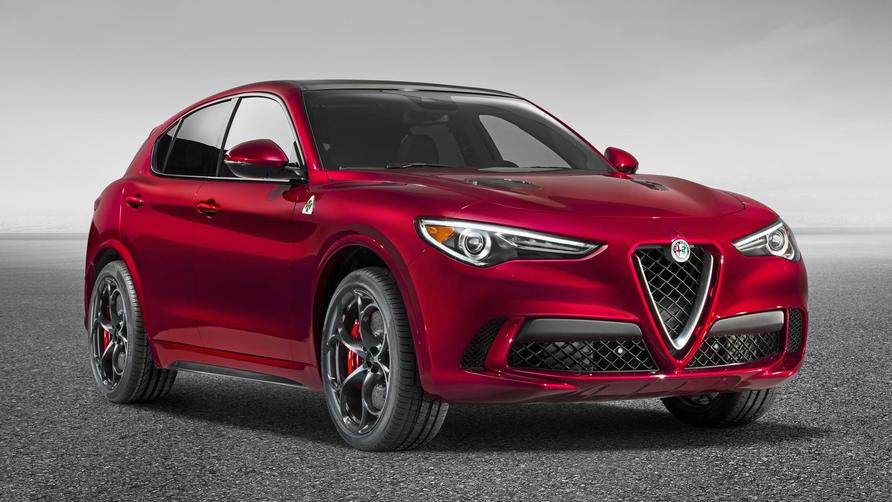
BMW, another of the old aristocrats of the car business, celebrated its centenary with three concept cars. The BMW, Mini, and Rolls all quaffed freely from the themes I mentioned in the first paragraph. At first glance there was an air of mumbo-jumbo mirage to them. But the deeper you looked, the more realistic, and alluring, they seemed. That's what concept cars should do.
Top Gear
Newsletter
Thank you for subscribing to our newsletter. Look out for your regular round-up of news, reviews and offers in your inbox.
Get all the latest news, reviews and exclusives, direct to your inbox.
The Rolls showed how luxury can be intensely personal on a journey but very public on arrival. The Mini was about how a shared car can also be a customised one. And the BMW fielded ideas to put autonomous technology into the service of improving the ability and enjoyment of a human driver. All this thinking addressed some of a car enthusiast's fears of the coming age.
The new converged age
All three of those BMW Group concepts, plus many more from other manufacturers at motors shows this year, were riffing on a basic mobility theme that follows in this era of the convergence of electrification, connectivity, and autonomy.
In short we're talking about a car dropping you at your destination, then beetling off alone to park or charge, or to be summoned by another passenger. And if you owned it, you'd be paid for that second trip. After all, at the moment, most cars are idly parked for about 95 percent of the time.

The technology has existed for a while, but 2016 has been the year when pretty well all the main global industry players, plus new technology entrants, signed up to making it happen. For instance:
• Volvo partnered with Uber. The Swedes will build cars that Uber will run autonomously – the first test XC90 is already on the road in San Francisco.
• Volkswagen launched a 13th brand, Moia, especially to sell 'mobility solutions'. That will include ride sharing, on-demand cars, and any other means a customer can get around without car ownership. As part of the strategy, the VW Group took a stake in Gett, a taxi-hailing firm that operates worldwide – many London taxis are part of its network. As soon as next year Moia aims to show us a vehicle specially designed for sharing and pooling. The VW brand also showed ID, an electric car using the Group's new EV platform, able to be used across all the brands in many sizes of vehicle. It's protected for autonomous technology.
• Ford acquired a commuter ride-pooling app-based service Chariot. Ford will also start testing autonomous cars in Europe next year. This matters because driving here is trickier than in the US.
• Google spun-off its autonomous car group as a separate division, called Waymo. It says it won't be long before the tech is widely available.
Musk took a third of a million orders for the Model 3 in the first week it was announced. That's the same number of cars Mini sells worldwide in an entire year
• Mercedes previewed its electric car and services brand, EQ.
• New Chinese-owned launch NextEV launched a supercar that took the Nurburgring EV record of 7m 05s. But its real purpose, under its NIO brand, is connected electrified cars for the masses, and it has a very impressive team doing the work on three continents.
• Elon Musk announced his next-stage plans for Tesla. Car sharing was a significant part of that. Because owners will be able to opt to share their autopilot cars when they're not using them, they'll offset the price. So, Musk says, there will probably be no need for a Tesla car cheaper than the Model 3. Oh and by the way he took a third of a million orders for the Model 3 in the first week it was announced. That's the same number of cars Mini sells worldwide in an entire year.
Meanwhile two different hackers managed to gain control of connected cars remotely.
Many more EVs
But contrary to popular belief, the Model 3 – due at the end of 2017 at the earliest – won't be the first affordable long-range EV. Everyone thinks Musk is always tanning the hide of the plodding old rustbelt car industry, but actually Chevy is now delivering the Bolt to dealers. The Bolt costs just $30k after tax rebates in the US, and goes a real-world 240 miles on a charge.
Tesla's Model X fancy-door crossover is creating huge demand too. Audi confirmed its rival, the Q6 which is based on the eTron Quattro concept, will be built in its Brussels plant from 2018. Mercedes showed a disappointingly drab-looking electric crossover at the same time as its EQ brand, and Porsche confirmed again the Mission e – both those 'before the end of this decade'. All years behind Tesla.
The earliest rival to the Model X will be Jaguar's sexy iPace (below), going into production in 2017, and looking very much like the concept car shown in November in at the LA show.
Tesla continued to install Superchargers, though it announced they'll no longer be free-unlimited for new buyers. But the traditional car companies maintained they wouldn't build a fast-charging network, in the same way as they never built petrol stations in the past. Then they realised they'd never sell their long-range vehicles without a network, so in December Ford, VW Group, Mercedes and BMW finally broke the deadlock by announcing they'd together install 1000 sites on Europe's busy roads, at 'up to' a super-fast 350kW power.
The political world
The British car-making business, which employs 170,000 people, was thrown into turmoil with the Brexit vote. Industry body the SMMT said the almost-inevitable tariffs will harm competitiveness. The industry also relies on movement of people as 10 per cent of its employees are EU internationals. Also, it fears being saddled by the massive paperwork burden that will come from our leaving the customs union.
Meanwhile in the US, Donald Trump's election sent shivers through the Big Three, which build many cars in Mexico. Trump has threatened huge tariffs on Mexican imports to the US. Not just the Big Three either – Audi this year opened a plant in Mexico specifically to build its biggest-selling model, the Q5.
The British car-making business, which employs 170,000 people, was thrown into turmoil with the Brexit vote
Also, Trump, who has called climate change 'a hoax', nominated a fellow climate-change sceptic Scott Pruitt to run the Environmental Protection Agency. Oil companies rejoiced. Then nominated the CEO of Exxon Mobil, Rex Tillerson, as Secretary of State. It's unlikely EVs will be getting so much Government help in the US during the new administration. And fuel-economy targets may well be relaxed downwards. Good for big SUV buyers.
But the EPA, under the current administration, proved its strength. It helped win a massive suit against the Volkswagen group for the diesel cheating issue. Owners will be able to have their cars bought back or modified. But the firm hasn't fielded a successful modification. The suit could cost the VW Group £11 billion.
Meanwhile, more than a year after the scandal broke thanks to the EPA and fellow environmental bodies, VW still refuses to answer any questions about how and why it sold these millions of cars that poison the air beyond legal limits. The company launched an inquiry by independent law firm Jones Day. It was supposed to report fully in April. It's now December. Perhaps we will be able to write a summary of the answer into Top Gear's review of the year 2017. Or perhaps not.
Trending this week
- Car Review
BMW 1 Series




